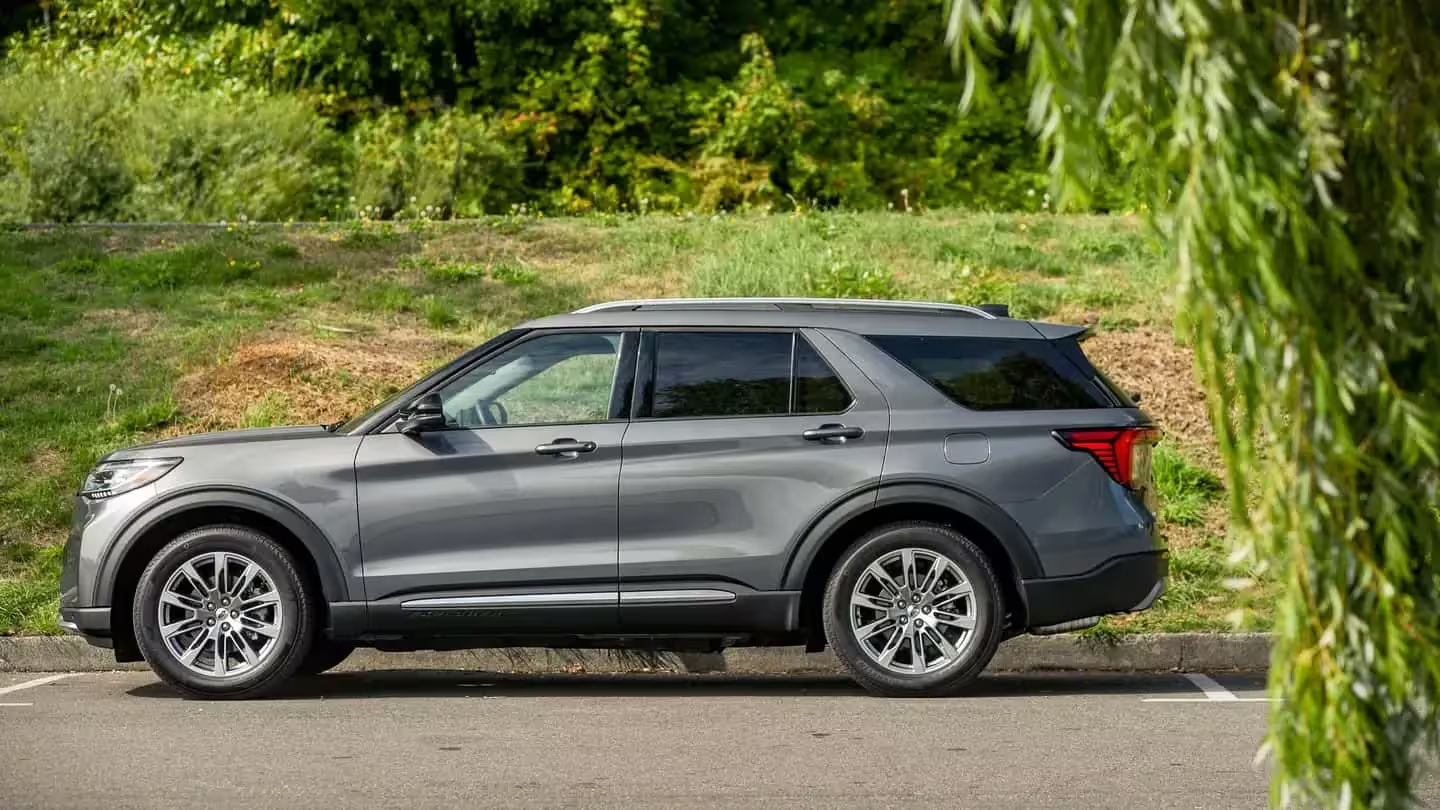5 Minutes
Ford's recall surge continues
Ford Motor Company has added four more safety recalls to its year-to-date total, bringing the automaker's count to 108 actions so far in the U.S. According to NHTSA filings, the latest campaigns affect roughly 1.17 million Ford and Lincoln vehicles spanning model years as far back as 2015. That places Ford responsible for nearly 40% of all U.S. recalls this year — a sobering statistic for owners, fleets and the automotive market.
Summary of the four recalls
1) Instrument Cluster Failure — "Bad Displays"
Potential units affected: 355,656
Models: 2025 Ford F-150 and 2025–2026 Ford Super Duty
The instrument panel cluster (IPC) in affected trucks may fail to initialize during startup, leaving gauges and warnings blank. The NHTSA report explains a narrow timing window during the IPC sleep entry sequence where a CAN bus wakeup interrupt can trigger a memory protection fault. A non-functioning display can prevent drivers from seeing speed, warnings, or other critical indicators, increasing crash risk.
Remedy: Ford is notifying owners and will update IPC software at dealers to disable the problematic memory protection feature.
2) Rear Brake Hose Rupture — Brake Fluid Leak
Potential units affected: 499,129
Models: 2015–2018 Ford Edge and 2016–2018 Lincoln MKX
On some SUVs, the rear brake jounce hose can rupture and leak brake fluid. Loss of fluid can increase pedal travel and lengthen stopping distances. Ford reports that a more robust hose introduced in 2017 reduced repairs, though the automaker has not yet definitively identified the root cause.
Remedy: Ford is investigating and will notify owners when a permanent fix is available.
3) Inoperative Taillights — Faulty Body Control Module
Potential units affected: 213,121
Models: 2025 Ford Explorer and 2025 Lincoln Aviator
Some vehicles contain a body control module (BCM) with improperly soldered components on the circuit board. When a trailer is connected to the electrical tow connector, taillights may not illuminate. Owners may also experience other electrical anomalies, including issues with power windows, mirrors, interior lights, USB chargers and alarm messages.
Remedy: Ford will mail owners to schedule dealership inspections. Modules in vehicles with under 9,000 miles will be replaced; higher-mileage units will be tested and replaced if found faulty.
4) Side-Curtain Airbag Tear Risk — Faulty Deployment
Potential units affected: 100,900
Models: 2024–2026 Ford Ranger
During deployment, the side-curtain airbag may contact the B‑pillar inner reinforcement flange and tear, potentially reducing occupant protection and causing non-compliance with Federal Motor Vehicle Safety Standards.
Remedy: Ford has begun notifying Ranger owners; dealers will install protective shields to prevent the airbag from contacting the flange during deployment.
What drivers and fleet managers should do
If you own an affected vehicle, monitor mailings from Ford and the NHTSA recall portal (nhtsa.gov/recalls). Promptly schedule the recommended dealership repair — software updates, module replacements or physical shields — to maintain safety and compliance. Fleet operators should prioritize vehicles used in heavy-duty or commercial applications.

Specifications, design and performance context
These recalls touch a broad set of vehicle categories: full-size light-duty pickups (F-150), heavy-duty Super Duty trucks, mid-size SUVs (Edge/MKX), premium crossovers (Explorer/Aviator) and compact pickups (Ranger). While powertrain specs, towing capacities and trim-level design details differ across these models, the recalls are predominantly related to electrical and safety systems rather than engine or drivetrain components. Owners can expect no change to vehicle horsepower, torque, towing ratings or fuel economy after the prescribed repairs, though functionality (instrumentation, lighting, airbag safety) will be restored.
Market positioning and comparisons
Ford's pickup lineup competes directly with rivals from Chevrolet, Ram and Toyota in terms of capability and market share. Lincoln-branded models such as the Aviator and MKX are positioned as premium alternatives to mainstream Ford crossovers. Compared to competitors, these recalls are notable for their scope and the number of models impacted in a short time frame, affecting both mass-market trucks and luxury SUVs. Buyers comparing new and used vehicles should review recall history and remedy availability as part of the purchase decision.
Final thoughts for car enthusiasts and prospective buyers
While the mechanical and performance DNA of these Ford and Lincoln vehicles remains intact, the scale of software, electrical and airbag-related recalls is a striking reminder that modern vehicles rely heavily on complex electronics. Keep your vehicle software and recalls up-to-date, and consult your dealer or the NHTSA site for recall status using your VIN.
Source: motor1


Leave a Comment